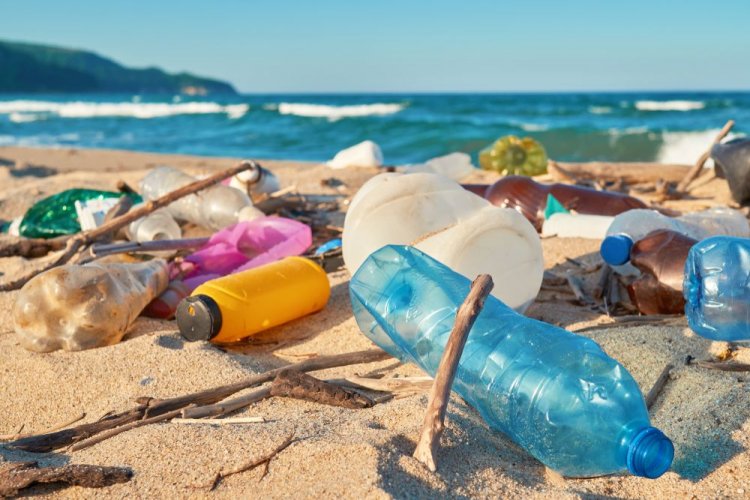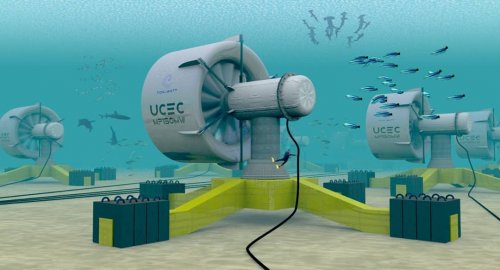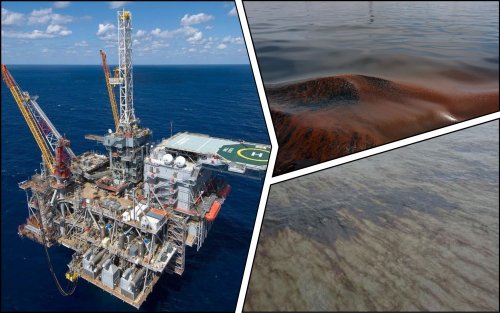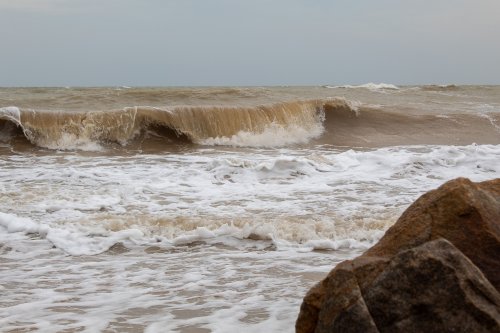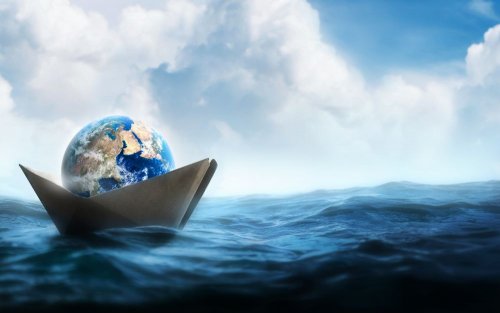Countries on the Mediterranean coast dump half a million tons of plastic into the sea, equivalent to 33,800 plastic bottles every minute, reducing the tourist attraction.
The fight against plastic pollution costs the tourism industry about €268 million a year, and the harmful consequences for sea creatures are not counted, reports Worldrunch.
This is stated in the study "Stopping the flow of plastic: effective measures to avoid single-use plastic and packaging in hotels" of the German branch of the World Wildlife Fund (WWF).
Many hotel owners are already cleaning their beach areas early in the morning, but this is not a long-term solution to the acute environmental problem that has become a threat to the industry. After all, tourists want to see an environment without plastic and other garbage, they do not return to hotels, preferring cleaner places.
Every year, 200 million people choose the Mediterranean as their holiday destination, but more tourists also means more waste. On average, the amount of litter generated in the Mediterranean Sea increases by about one-third during the season. In Majorca, this figure is almost twice as high during the holiday season, and on some Greek islands it can reach three times the amount of waste generated during the winter months.
Majorca plans to pass a law that mostly bans single-use plastic, but it won't come into effect until January 1, 2023.
The article noted that vacationers have high expectations for hotel comfort and consumer behavior and are therefore part of the problem. For example, guests are reluctant to give up free bottled water in their rooms.
Study authors Martina von Münchhausen and Bernhard Bauske conducted interviews with hoteliers, experts from non-governmental organizations, local and regional authorities and waste management companies in Majorca, Nice, Rimini, Zakynthos and Corfu on how to avoid single-use plastic in all areas of the hotel - kitchen, rooms, bar, open areas, swimming pool and staff quarters.
"The answer can be summed up in three words: reduce, reuse and recycle," the material said.
The authors of the study proposed a number of measures to ensure that as little plastic as possible enters the ocean, including waste inventory, sorting garbage, and recycling.
For start, they suggest getting the right stuff, for example, instead of using single-use packaging, hotels should have containers that can be returned and reused. As for the breakfast buffet, many hotels already use reusable containers. But, according to interviews, they face resistance when trying to get them into guest rooms.
"In luxury hotels, many guests expect tiny bottles of expensive shower gel, shampoo or body lotion in the bathroom," says Eva Makill-Linnenberg from the German travel company Wikinger Reisen.
She noted that mounting a large soap dispenser on the wall would not create the same impression.
Holiday companies are often forced to concede this battle, but not always. Wikinger Reisen asks guests to bring reusable bottles from home. During holidays in South Africa, the company now has water dispensers in safari vehicles, saving 200,000 plastic bottles each year.
Reusable water bottles are still one of the most effective ways to reduce waste. However, the sale of bottled water is an important source of income for many hotels.
Von Munchausen noted that until there is a recycling economy, hotels must be leaders in sustainable tourism and solving the waste problem. For example, in regions where public services are insufficient, some hotels join forces to create their own private waste management systems.
It is also important to involve guests in solving the problem. Holidaymakers can do their part, such as bringing water bottles and reusable shopping bags, and picking up litter from the beach.
"The value of the trip can be assessed not by the number of amenities in a plastic package offered by the hotel, but by the litter-free landscape, clean beaches and healthy ocean," the authors of the study write.
Earlier EcoPolitic informed, in Australia for 6 years, the amount of plastic pollution on the coast decreased by an average of 30%, thanks to the initiatives of local authorities.
As EcoPolitic previously reported, statements by large brands, including Coca-Cola and Unilever, about the environmental friendliness of plastic packaging mislead consumers.

